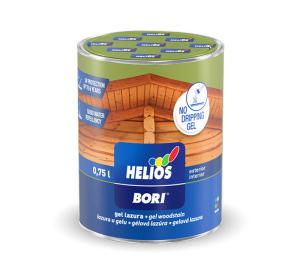How to Choose a Virtual Data Room Provider
A virtual data room is a service that permits companies to share confidential documents with other parties in an online environment. This kind of software is used in a variety of scenarios in business, but most commonly during M&A due diligence. The technology can be used in legal proceedings as well as real estate transactions. It can assist a business streamline its internal communications with shareholders and investors or manage intellectual property assets.
When choosing when choosing a VDR you must consider security features such as the ability to grant permissions in granular amounts, restrictions on printing and downloading, document expiration and much more. Also look for industry-specific certifications. Also, think about whether the VDR integrates with other software tools or offers APIs and integrations that provide seamless access with existing websites and workflows. Look for features that ease navigation, such as easy-to-use interfaces, multilingual access, bulk uploads and indexing.
After you’ve narrowed down your options, you can schedule demonstrations with each vendor to see how their software works in real-time. Pay attention to the features that are important to your particular use and ask questions regarding pricing. A reputable provider will give you the option of customizing your pricing plan so that it fits your particular needs and budget. Check out third-party reviews on sites such as Trustpilot and Software Advice as well as employees‘ opinions on Glassdoor for a fuller picture of the vendor’s ethics and effectiveness. Choose a vendor that offers a free trial period so you can test the software with your team prior to making a commitment.


